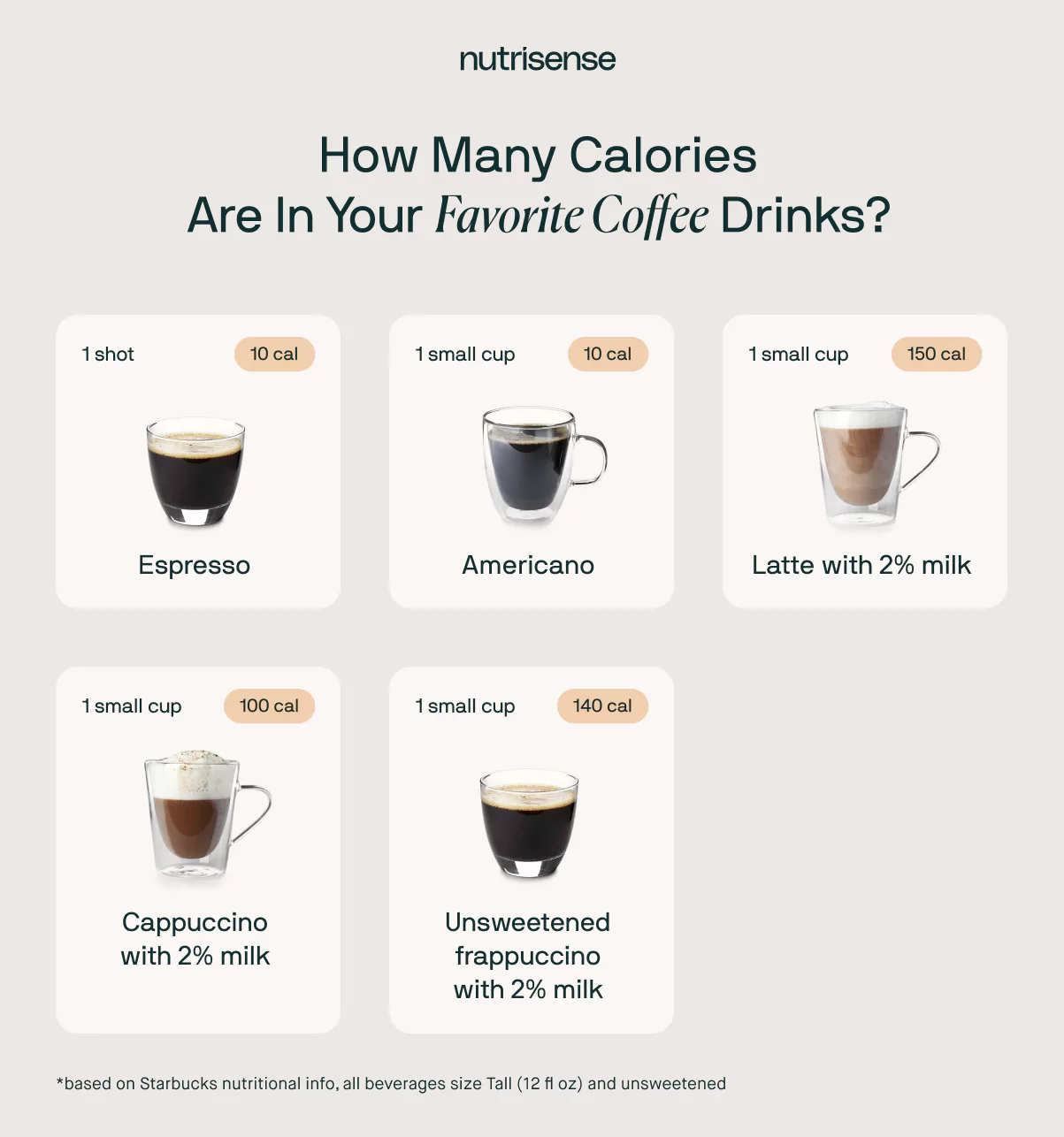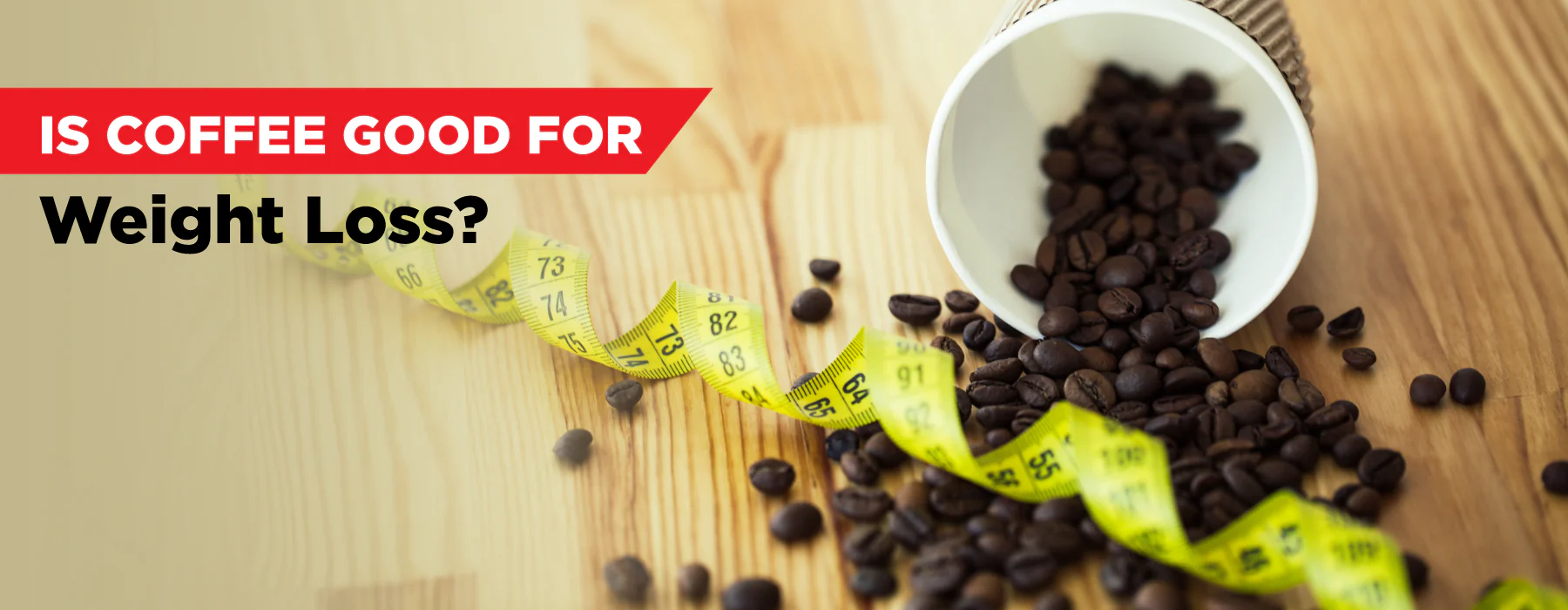Coffee is the comfort drink that wakes up millions every day. It’s warm, energizing, and often feels like a non-negotiable ritual. But if you’re trying to slim down, one question might keep nagging: is coffee bad for weight loss?
It’s a fair concern—especially when that one cup becomes three, and those cups come with cream, sugar, and whipped toppings. Some say coffee boosts metabolism and curbs cravings. Others say it spikes cortisol, triggers hunger, and ruins sleep—derailing fat loss silently.
So what’s the truth? This article breaks down how coffee can both help and hinder your progress, depending entirely on how you drink it, when you drink it, and what you mix in.
Why People Wonder: Is Coffee Bad for Weight Loss?
This question often surfaces when someone feels stuck in their routine—doing all the “right things” but not seeing results.
The motivation behind the search usually includes:
-
Feeling bloated after drinking coffee
-
Wondering if caffeine increases belly fat
-
Drinking coffee but still gaining weight
-
Trying intermittent fasting and unsure if coffee breaks the fast
-
Using coffee to suppress appetite but then bingeing later
There’s also confusion from mixed headlines: one article praises coffee for boosting metabolism, another warns it might sabotage sleep, insulin sensitivity, or hydration.
The answer? It depends on what’s in your coffee and how it fits into your overall day.

How Coffee Can Support Weight Loss—When Used Right
1. Caffeine Boosts Metabolism
Caffeine increases resting metabolic rate (RMR) by 3–11% for up to three hours post-consumption. This means your body burns slightly more calories—even while at rest.
2. Enhances Physical Performance
When consumed 30–60 minutes before a workout, coffee improves endurance and fat oxidation. More movement + more fat burning = potential progress.
3. May Suppress Appetite Temporarily
Black coffee, especially when hot, can help delay hunger for a short period—ideal for those practicing intermittent fasting or trying to stretch between meals.
When Coffee Becomes a Problem for Weight Loss
1. Hidden Calories in Your Cup
This is the biggest saboteur. That innocent “coffee” often includes:
-
2–3 tablespoons of creamer (60–90 calories)
-
Sugar or flavored syrups (50–100+ calories)
-
Milk or oat milk (30–100+ calories)
-
Whipped toppings or sauces
These turn coffee into a dessert in disguise. Do that 2–3 times a day, and you’re unknowingly adding 200–400 calories daily.
2. Disrupting Sleep and Hormones
Caffeine has a half-life of 5–6 hours. Drinking it after 2:00 p.m. may disrupt melatonin production, leading to poor sleep.
Poor sleep → hormonal dysregulation → increased cravings → weight gain (especially around the belly).
3. Stress and Cortisol Spikes
Coffee stimulates cortisol—the stress hormone. For some, this is helpful. For others, elevated cortisol leads to:
-
Fat storage around the abdomen
-
Emotional eating
-
Blood sugar fluctuations
This effect is especially strong if coffee is consumed on an empty stomach by someone under chronic stress.
Signs Your Coffee Routine May Be Sabotaging Fat Loss
You may love your coffee, but if you’re noticing any of these patterns, it may be time to adjust:
-
You feel jittery, anxious, or restless after drinking
-
You crash and crave sugar 1–2 hours later
-
You wake up tired even after 7+ hours of sleep
-
You snack more after skipping breakfast with just coffee
-
You rely on coffee to “push through” instead of eating real meals
These are not coffee’s fault entirely—but how it’s used matters.

Which Coffee Habits Work Against Weight Loss Goals
Here are some common mistakes that silently derail fat loss:
❌ Flavored creamers or syrups
They often contain trans fats, high-fructose corn syrup, and 80–150 extra calories per serving.
❌ Drinking coffee instead of meals
Coffee is a tool—not a substitute. Replacing food with coffee often leads to rebound eating later.
❌ Relying on sweetened store-bought coffee
Iced coffees, lattes, or blended drinks from cafes can contain more calories than a slice of cake.
❌ Drinking too much
More isn’t better. Over 400mg of caffeine daily can lead to sleep issues, increased anxiety, and water retention.
How to Make Coffee Support Your Weight Loss Plan
✅ Drink it Black or Nearly Black
-
Add cinnamon for metabolism
-
Use stevia or monk fruit instead of sugar
-
Splash in unsweetened almond milk or coconut milk if needed
✅ Time It Strategically
-
Best before workouts or as a pre-breakfast appetite suppressor
-
Avoid after 2:00 p.m. to protect sleep and recovery
✅ Pair It With Movement
Use coffee as a trigger for walking, yoga, or strength work. This turns the energy spike into metabolic momentum.
✅ Know Your Tolerance
If you feel wired, dizzy, or anxious, scale back. Some bodies process caffeine slower and are more sensitive.
Healthy Coffee Rituals That Complement Weight Loss
1. Morning Metabolic Coffee
-
Black coffee
-
½ tsp cinnamon
-
1 tsp MCT oil (optional for keto)
Use this before a light morning workout or during fasting.
2. Protein-Paired Coffee
-
Coffee + 1 scoop unflavored collagen
-
Dash of cinnamon
-
Stevia if desired
Ideal for those needing gentle satiety without heavy breakfast.
3. ACV Sidekick
-
Warm water + 1 tsp apple cider vinegar (drink first)
-
Follow with black coffee
Helps digestion, reduces bloating, and supports insulin control.

What Research Says About Coffee and Weight Management
Studies have shown:
-
Moderate coffee intake (2–3 cups/day) is associated with lower BMI and reduced body fat
-
People who drink unsweetened coffee tend to have lower daily calorie intake
-
Caffeine before workouts increases fat oxidation, especially in women
-
Long-term overconsumption (5+ cups/day) may lead to cortisol imbalance and sleep disturbance
So—not bad for weight loss. But badly timed or poorly prepared coffee? That’s a different story.
Who Might Want to Limit or Modify Coffee Intake
Coffee isn’t for everyone. Consider limiting if you:
-
Have insomnia or chronic fatigue
-
Struggle with anxiety or panic attacks
-
Experience acid reflux or digestive sensitivity
-
Are pregnant or nursing (unless cleared by a doctor)
-
Have blood pressure or heart rhythm concerns
For these individuals, even small caffeine adjustments can make a big difference.
FAQs About Is Coffee Bad for Weight Loss
1. Is coffee bad for weight loss if I add milk or sugar?
It can be. Milk and sugar add extra calories, which may prevent a calorie deficit. Keep additions minimal or opt for low-calorie alternatives.
2. Does coffee break a fast?
Black coffee does not break a fast. But creamers, milk, and sugar will. Stick to zero-calorie ingredients during fasting windows.
3. Is decaf coffee better for weight loss?
Not necessarily. Decaf lacks the metabolism-boosting effect of caffeine. But it may be better for those sensitive to stimulants or drinking later in the day.
4. Can coffee increase belly fat?
Only indirectly—if it disrupts sleep, increases stress, or is consumed with sugar-laden add-ins. Plain coffee does not cause fat storage.
5. Is drinking coffee on an empty stomach bad for fat loss?
It depends. Some tolerate it well; others feel acidic, anxious, or get blood sugar crashes. Try pairing with a small protein snack if needed.
6. What’s the best way to drink coffee for fat loss?
Black or near-black, before workouts or meals, and without sugar or heavy creamers.
7. How many cups of coffee a day is too much for weight loss?
Keep it to 2–3 cups daily. Too much caffeine can disrupt sleep and backfire on metabolic balance.
Don’t Quit Coffee—Just Rethink It
If you’ve been wondering is coffee bad for weight loss, the answer isn’t a hard yes or no. It’s more like this:
Coffee is a neutral tool. How you use it determines if it helps or hurts.
Used well, it can boost energy, support fasting, reduce appetite, and fuel workouts. Used poorly, it can sabotage sleep, spike cravings, and sneak in extra calories.
If coffee’s part of your routine, don’t throw it out. Just rewire the ritual:
-
Cut the sugar
-
Watch the clock
-
Know your body
-
Let coffee serve your goals—not fight them
Try This 5-Day Coffee Reset Plan for Smarter Fat Loss
Day 1–2
Drink black coffee only. Remove all creamers and sweeteners.
Day 3
Add cinnamon or collagen. Skip your usual mid-morning snack.
Day 4
Use coffee as a pre-walk energizer. Move for 15 minutes after.
Day 5
Avoid coffee after 1:00 p.m. Track your sleep that night.
Then ask yourself:
-
Did you feel more in control?
-
Less bloated?
-
Fewer cravings?
-
More stable energy?
That’s how you know if your coffee is helping.